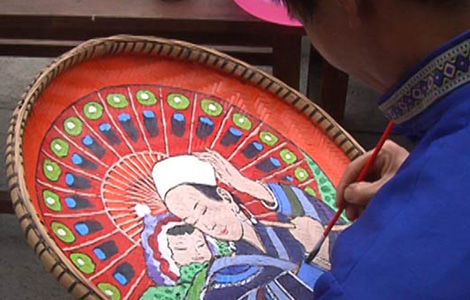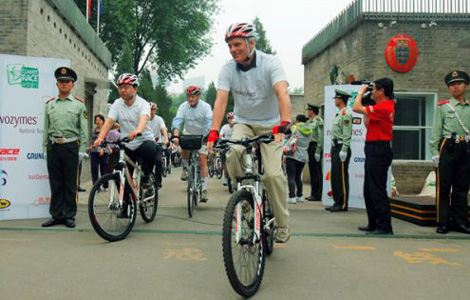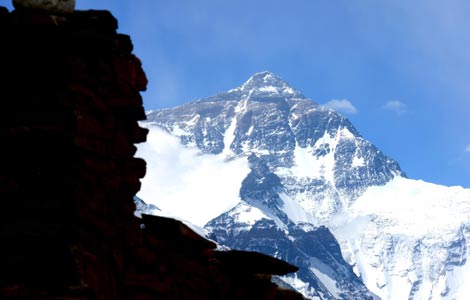Japan ponders direct talks with Pyongyang
Updated: 2013-05-23 07:45
(China Daily/Agencies)
|
|||||||||||
Japan is considering direct talks with the Democratic People's Republic of Korea, the government said on Wednesday, adding momentum to the cause after a top level aide to the prime minister made a surprise trip to Pyongyang.
Bilateral talks are on the table as Tokyo seeks to salve the running sore of abductions of its nationals by DPRK spies in the 1970s and 1980s, an issue that inflames public opinion at home.
But any move to break with Washington and Seoul, who have both stressed the need for a united approach to Pyongyang, could rankle.
"As we are seeking all possibilities, of course such a thing is an option," Japanese Chief Cabinet Secretary Yoshihide Suga told reporters when asked about resuming talks suspended last year when the DPRK announced a rocket launch.
The comment came after Japanese Prime Minister Shinzo Abe vowed on Sunday to seek talks with the DPRK on the issue and after adviser Isao Iijima returned from Pyongyang following a four-day visit.
Iijima told the DPRK officials that Tokyo "would not make any move" unless they return all Japanese kidnap victims, hand over the kidnappers and resolve all abduction cases, according to Japanese media citing sources close to him.
The trip fueled speculation that the DPRK was trying to cozy up to Tokyo at a time when ties with Washington and Seoul have gone into a deep freeze over its nuclear and missile ambitions.
The Republic of Korea said the trip was "unhelpful" to international efforts to forge a united front against the DPRK.
Glyn Davies, the US special representative for the DPRK policy, cautioned that Pyongyang was trying to "split the international community".
Washington would like to see the resumption of the Six-Party Talks, which involve the DPRK, the ROK, the US, Japan, China and Russia, and are intended to denuclearize the Korean peninsula.
Abe attaches great importance to seeking a "comprehensive solution" to the abduction issue, along with the DPRK's nuclear and missile ambitions.
Iijima was a senior aide to Junichiro Koizumi and accompanied his visits to the DPRK in 2002 and 2004 as Japan's prime minister for talks with then-DPRK leader Kim Jong-il.
During Koizumi's 2002 trip, the DPRK admitted its agents kidnapped Japanese nationals during the Cold War to train spies in the Japanese language and customs.
Several of those snatched were allowed to return to Japan along with children born in the DPRK, but Pyongyang said the rest of them had died.
Related Stories
Japan, DPRK to hold talks in Beijing 2012-11-27 13:47
Japan, DPRK to resume talks in Beijing 2012-08-14 16:32
Today's Top News
China, Pakistan to set up economic corridor
Solar negotiations with EC fail
Special envoy from DPRK arrives
Consumers' demand for luxuries growing
Survey predicts fast growth in business travel
Consumers more willing to spend
Premier Li arrives in Pakistan for visit
H7N9 test reagents hit the market
Hot Topics
Lunar probe , China growth forecasts, Emission rules get tougher, China seen through 'colored lens', International board,
Editor's Picks
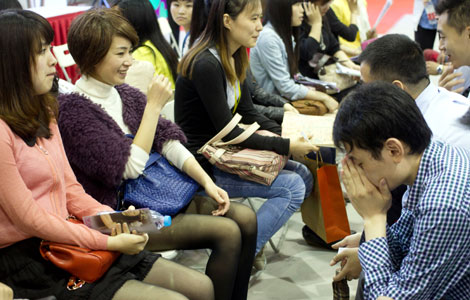
|

|
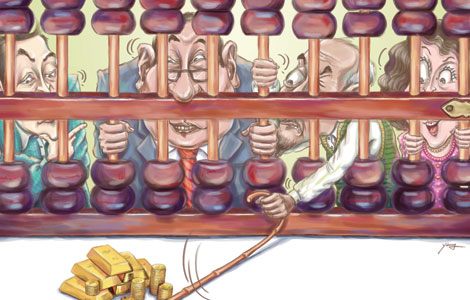
|

|
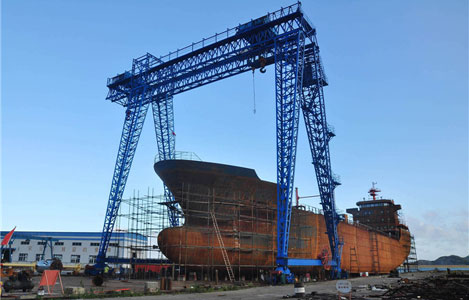
|
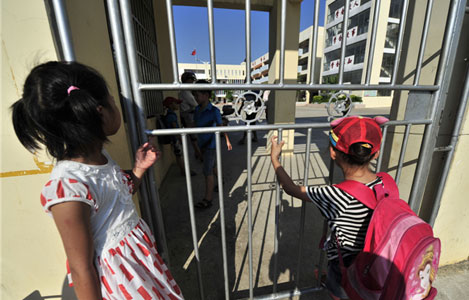
|
